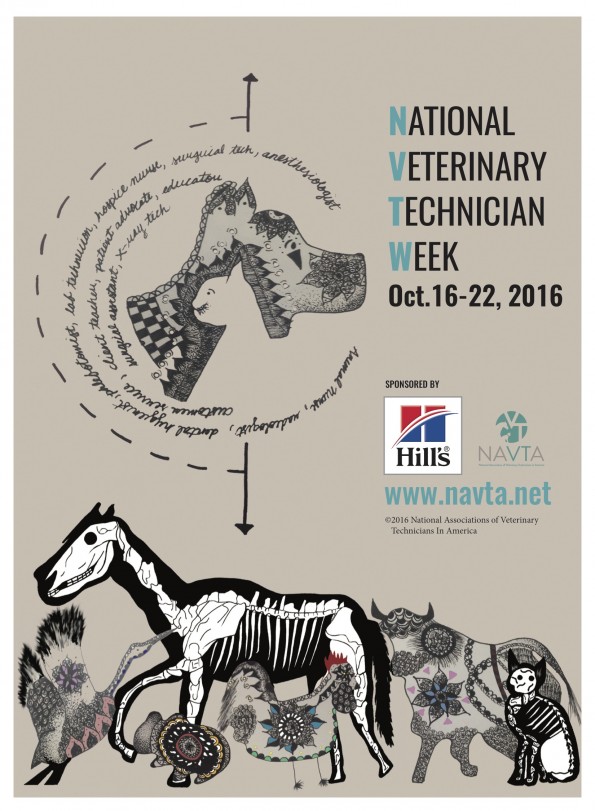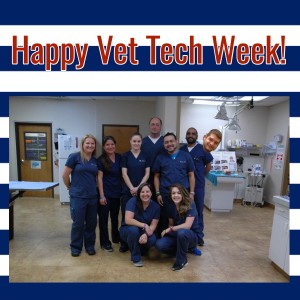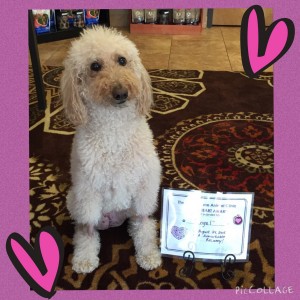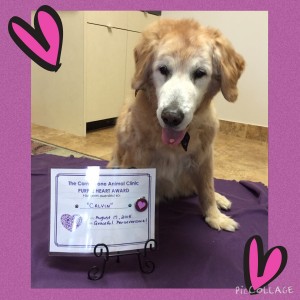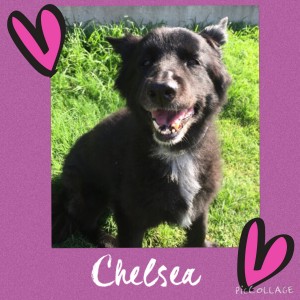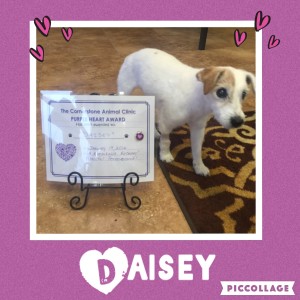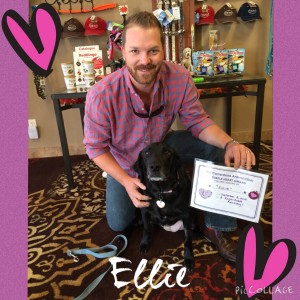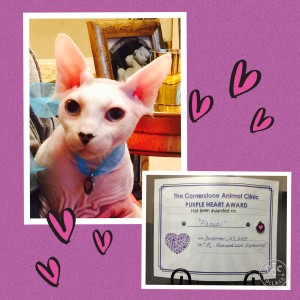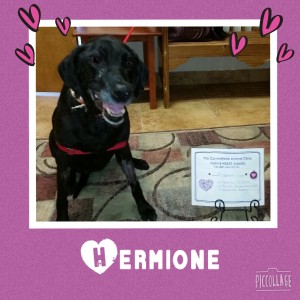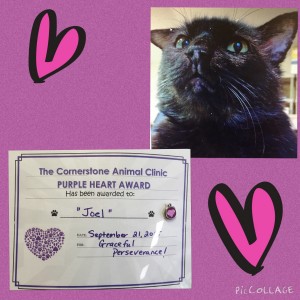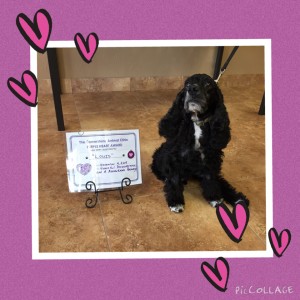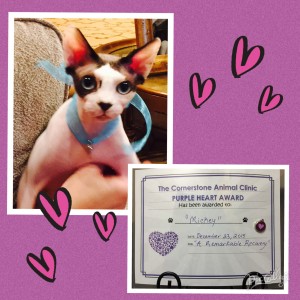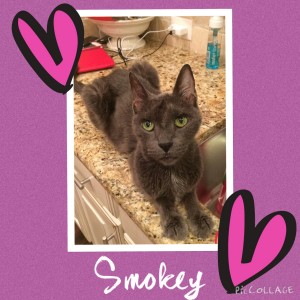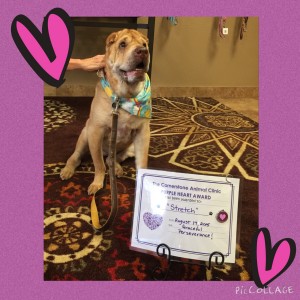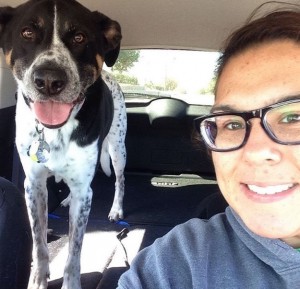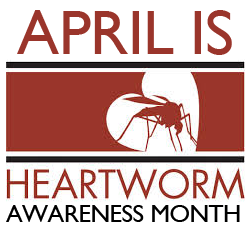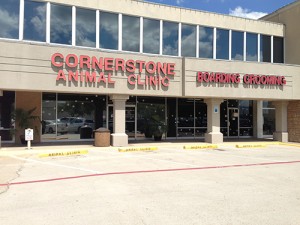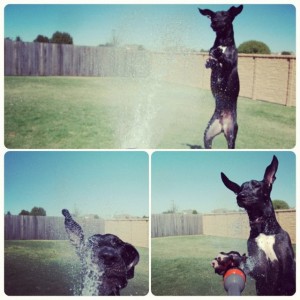What is heartworm disease?
Heartworm disease is a serious and potentially fatal disease in pets in the United States and many other parts of the world. It is caused by foot-long worms (heartworms) that live in the heart, lungs and associated blood vessels of affected pets, causing severe lung disease, heart failure and damage to other organs in the body. Heartworm disease affects dogs, cats and ferrets, but heartworms also live in other mammal species, including wolves, coyotes, foxes, sea lions and—in rare instances—humans. Because wild species such as foxes and coyotes live in proximity to many urban areas, they are considered important carriers of the disease.
Dogs
The dog is a natural host for heartworms, which means that heartworms that live inside the dog mature into adults, mate and produce offspring. If untreated, their numbers can increase, and dogs have been known to harbor several hundred worms in their bodies. Heartworm disease causes lasting damage to the heart, lungs and arteries, and can affect the dog’s health and quality of life long after the parasites are gone. For this reason, prevention is by far the best option, and treatment—when needed—should be administered as early in the course of the disease as possible.
Cats
Heartworm disease in cats is very different from heartworm disease in dogs. The cat is an atypical host for heartworms, and most worms in cats do not survive to the adult stage. Cats with adult heartworms typically have just one to three worms, and many cats affected by heartworms have no adult worms. While this means heartworm disease often goes undiagnosed in cats, it’s important to understand that even immature worms cause real damage in the form of a condition known as heartworm associated respiratory disease (HARD). Moreover, the medication used to treat heartworm infections in dogs cannot be used in cats, so prevention is the only means of protecting cats from the effects of heartworm disease.
How is heartworm disease transmitted from one pet to another?
The mosquito plays an essential role in the heartworm life cycle. Adult female heartworms living in an infected dog, fox, coyote, or wolf produce microscopic baby worms called microfilaria that circulate in the bloodstream. When a mosquito bites and takes a blood meal from an infected animal, it picks up these baby worms, which develop and mature into “infective stage” larvae over a period of 10 to 14 days. Then, when the infected mosquito bites another dog, cat, or susceptible wild animal, the infective larvae are deposited onto the surface of the animal’s skin and enter the new host through the mosquito’s bite wound. Once inside a new host, it takes approximately 6 months for the larvae to mature into adult heartworms. Once mature, heartworms can live for 5 to 7 years in dogs and up to 2 or 3 years in cats. Because of the longevity of these worms, each mosquito season can lead to an increasing number of worms in an infected pet.
What are the signs of heartworm disease in dogs?
In the early stages of the disease, many dogs show few symptoms or no symptoms at all. The longer the infection persists, the more likely symptoms will develop. Active dogs, dogs heavily infected with heartworms, or those with other health problems often show pronounced clinical signs.
Signs of heartworm disease may include a mild persistent cough, reluctance to exercise, fatigue after moderate activity, decreased appetite, and weight loss. As heartworm disease progresses, pets may develop heart failure and the appearance of a swollen belly due to excess fluid in the abdomen. Dogs with large numbers of heartworms can develop a sudden blockages of blood flow within the heart leading to a life-threatening form of cardiovascular collapse. This is called caval syndrome, and is marked by a sudden onset of labored breathing, pale gums, and dark bloody or coffee-colored urine. Without prompt surgical removal of the heartworm blockage, few dogs survive.
What are the signs of heartworm disease in cats?
Signs of heartworm disease in cats can be very subtle or very dramatic. Symptoms may include coughing, asthma-like attacks, periodic vomiting, lack of appetite, or weight loss. Occasionally an affected cat may have difficulty walking, experience fainting or seizures, or suffer from fluid accumulation in the abdomen. Unfortunately, the first sign in some cases is sudden collapse of the cat, or sudden death.
How significant is my pet’s risk for heartworm infection?
Many factors must be considered, even if heartworms do not seem to be a problem in your local area. Your community may have a greater incidence of heartworm disease than you realize—or you may unknowingly travel with your pet to an area where heartworms are more common. Heartworm disease is also spreading to new regions of the country each year. Stray and neglected dogs and certain wildlife such as coyotes, wolves, and foxes can be carriers of heartworms. Mosquitoes blown great distances by the wind and the relocation of infected pets to previously uninfected areas also contribute to the spread of heartworm disease (this happened following Hurricane Katrina when 250,000 pets, many of them infected with heartworms, were “adopted” and shipped throughout the country).
The fact is that heartworm disease has been diagnosed in all 50 states, and risk factors are impossible to predict. Multiple variables, from climate variations to the presence of wildlife carriers, cause rates of infections to vary dramatically from year to year—even within communities. And because infected mosquitoes can come inside, both outdoor and indoor pets are at risk.
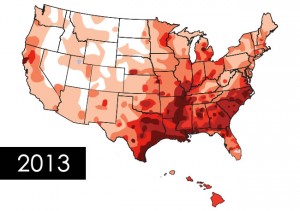
What do I need to know about heartworm testing?
Heartworm disease is a serious, progressive disease. The earlier it is detected, the better the chances the pet will recover. There are few, if any, early signs of disease when a dog or cat is infected with heartworms, so detecting their presence with a heartworm test administered by a veterinarian is important. The test requires just a small blood sample from your pet, and it works by detecting the presence of heartworm proteins. Some veterinarians process heartworm tests right in their hospitals while others send the samples to a diagnostic laboratory. In either case, results are obtained quickly. If your pet tests positive, further tests may be ordered.
Heartworm Prevention
Our doctors here at Cornerstone Animal Clinic recommend heartworm prevention year-round for your dogs AND cats. Regardless if they are strictly indoors or not, all it takes is one mosquito. Here is a list of the heartworm prevention we carry for your pets!
Trifexis (for dogs)
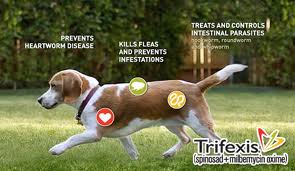
-A once monthly beef flavored chewable tablet that kills fleas and preventions infestations, prevents heartworm disease & treats and controls adult hookworm, roundworm and whipworm infections. CLICK HERE for more information about Trifexis!
Heartgard Plus (for dogs)
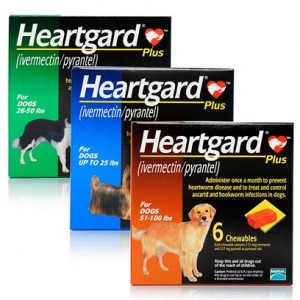
-Once monthly beef flavored chew ,(that is more like giving a treat!), that prevents heartworm infestations in your dog. Heartgard Plus kills heartworm larvae, roundworms & hookworms! CLICK HERE for more information about Heartgard Plus!
ProHeart6 (for dogs)
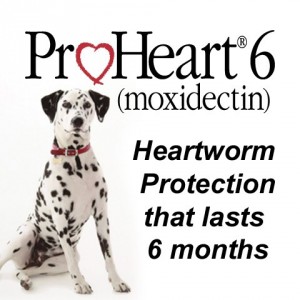
-An injection given in our clinic that will prevent heartworms in your dog for 6 months! CLICK HERE to learn more about ProHeart6!
Revolution (for dogs & cats)
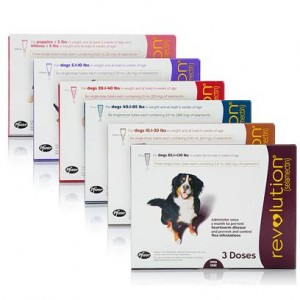
-A once monthly topical product that prevents heartworm disease, kills adult fleas, prevents flea eggs from hatching, prevents & controls flea infestations, treats and controls ear mites and controls American dog tick infestations! CLICK HERE for more information.
Advantage Multi (for dogs & cats)

-Advantage Multi provides broad spectrum parasite protection by treating & controlling roundworms, hookworms & whipworms while also preventing heartworm disease & treats circulating microfilaria. This once monthly topically applied product also kills adult fleas & treats flea infestations. CLICK HERE for more information on dog Advantage Multi & CLICK HERE for more information on cat Advantage Multi!
For more information on heartworm disease, CLICK HERE.
You can trust the dedicated veterinarians and staff at Cornerstone Animal Clinic for all the preventative care your pet needs to stay healthy, including heartworm prevention. Our dog clinic will provide heartworm testing to check for the presence of dangerous heartworms and an animal doctor can administer a preventative to protect your pup from heartworm disease. Our veterinary clinic can be trusted to safeguard your dog from the serious consequences of heartworm disease.
If you may have any questions regarding your pet’s heartworm prevention, testing or treatment… please do not hesitate to call us and ask to speak with one of our qualified technicians at 972-385-3555 or email us at: info@cornerstoneanimalclinic.com. We welcome you to visit our animal hospital in Dallas, TX and seek the care your pet needs from a qualified veterinarian who will keep your furry friend safe.
